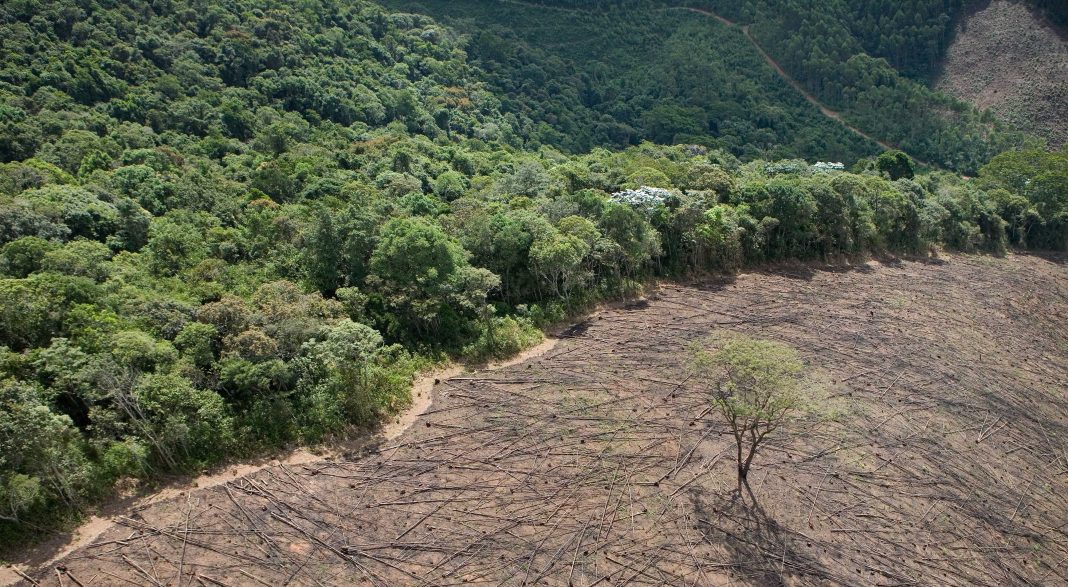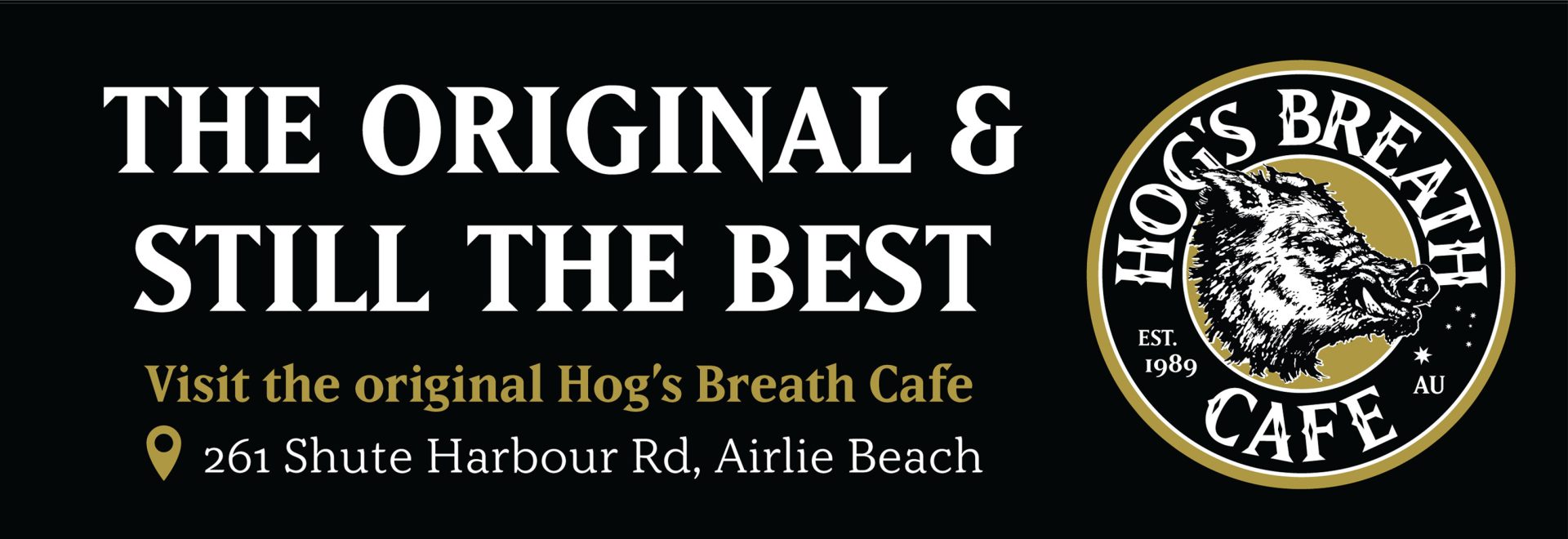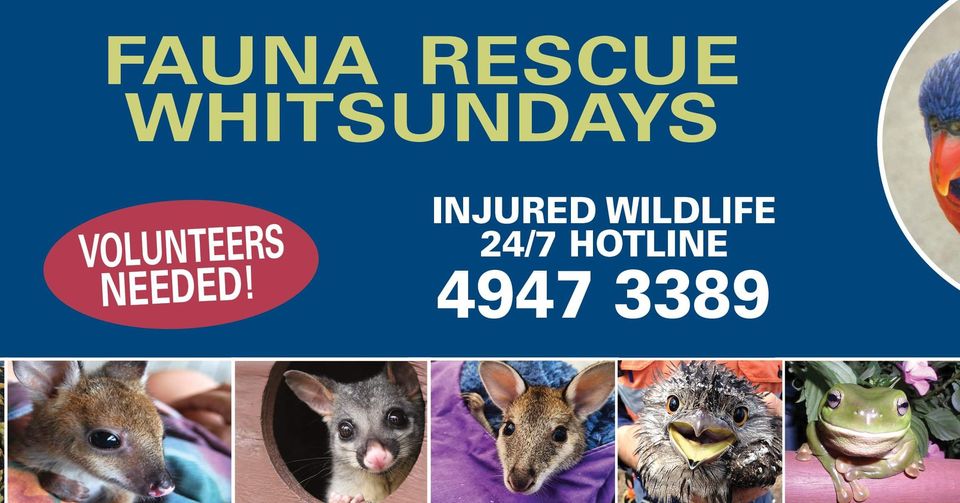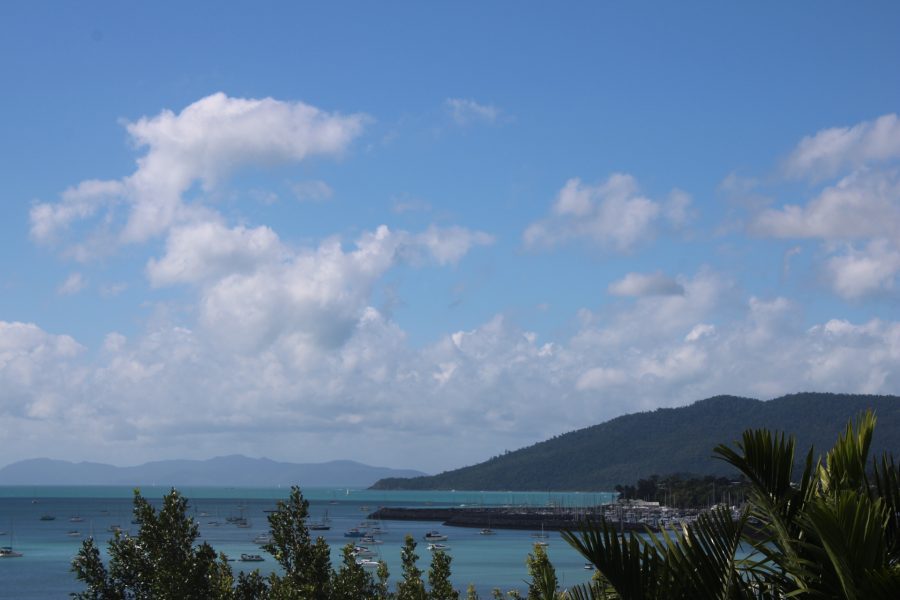IT IS easy to see our wilderness areas as static and unchanging.
But that is rarely true, as slow, gradual changes often go unnoticed.
Over time, these changes may become accepted as the status quo, the way things have always been.
This phenomenon is called shifting baseline syndrome. Shifting baseline describes a gradual change in our accepted norms and expectations for the environment, across generations.
Unfortunately, our tolerance for environmental degradation increases and our expectations for the natural world are lowered.
Take, for example, our local, Whitsunday Island coral reefs. Only 50 years ago, the quality and abundance of coral was significantly better than today.
As well, the water clarity, on average, was much better. People experiencing the island reefs for the first time today would accept what they see as the norm.
Our landscapes have also changed over the years. As you drive from Mackay to Townsville, you see little, if any, native forests.
You see a very changed landscape, dominated by grazing and farmland.
But this is not unique to our area. Across Australia, just 50 per cent of our forests remain intact compared with pre-colonisation.
These examples show how shifting baselines affect our perception and acceptance of the state of the natural world. In truth, similar changes are occurring all around us.
The consequences of shifting baseline syndrome are dire and include an increased tolerance for progressive environmental degradation.
As well as increased tolerance to changes in people’s expectations as to what is a desirable (worth protecting) state of the natural environment, and the establishment and use of inappropriate baselines for nature conservation, restoration and management.
We live in a country where the pre-existing indigenous knowledge of our unique natural environment has been ignored since European invasion.
This self-imposed ignorance of what came before has resulted in an accelerated degradation of Australia’s fragile ecosystems.
We must acknowledge this and take decisive and effective actions to look after what remains and help protect it for future generations.
But the real challenge is to look beyond the current status quo. We need to move the clock back and help rebuild the natural environment. We must rewild Australia.
You can fight the growing shifting baseline syndrome and help rewild Australia by supporting conservation organisations, reducing our carbon footprint, participating in citizen science activities, supporting only sustainable businesses and industries, and raising awareness.
Together, we can help reduce the relentless decline of the environment and provide current and future generations with a more stable baseline of what the world should be.
Contributed by Whitsunday Conservation Council.






